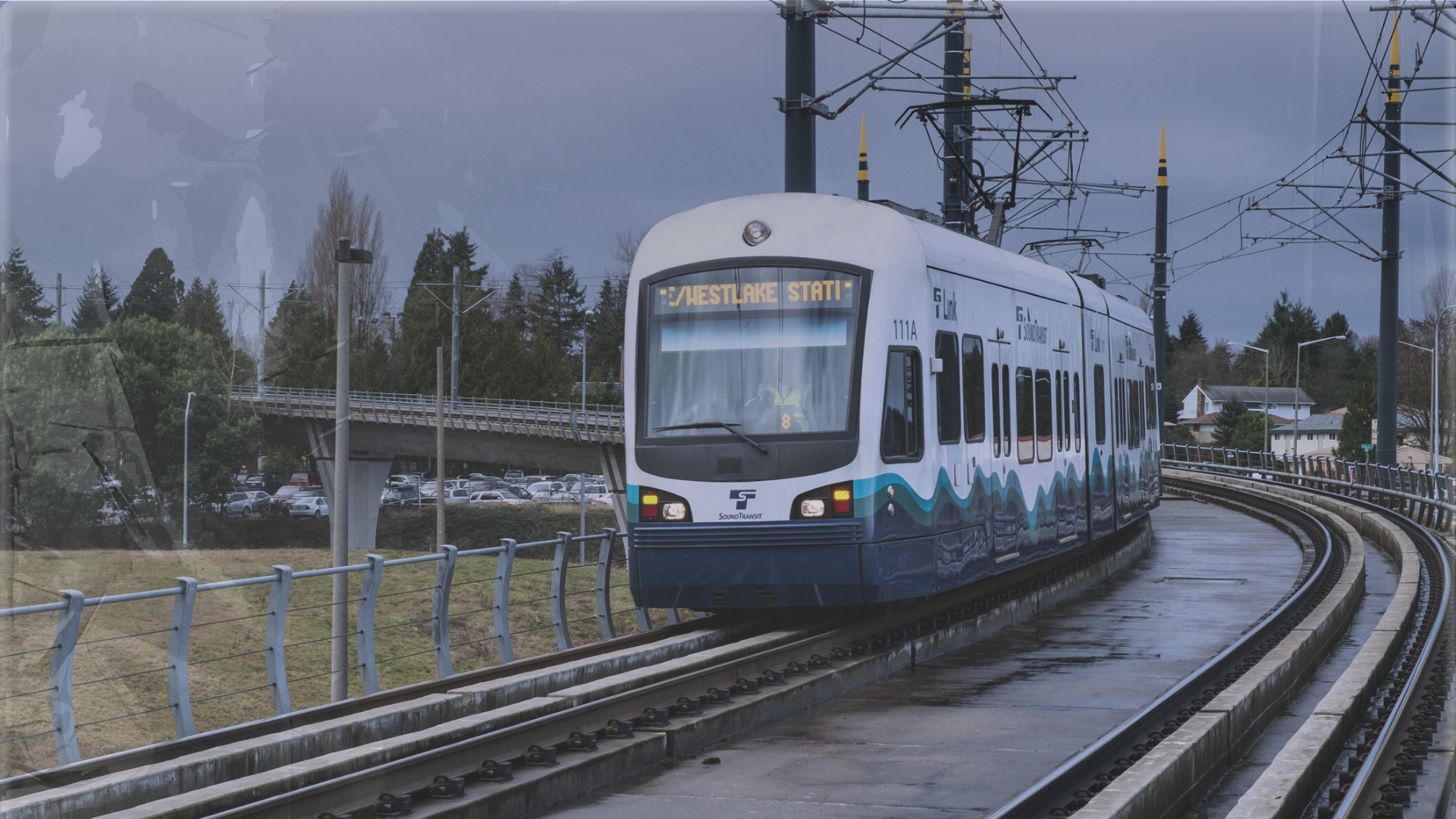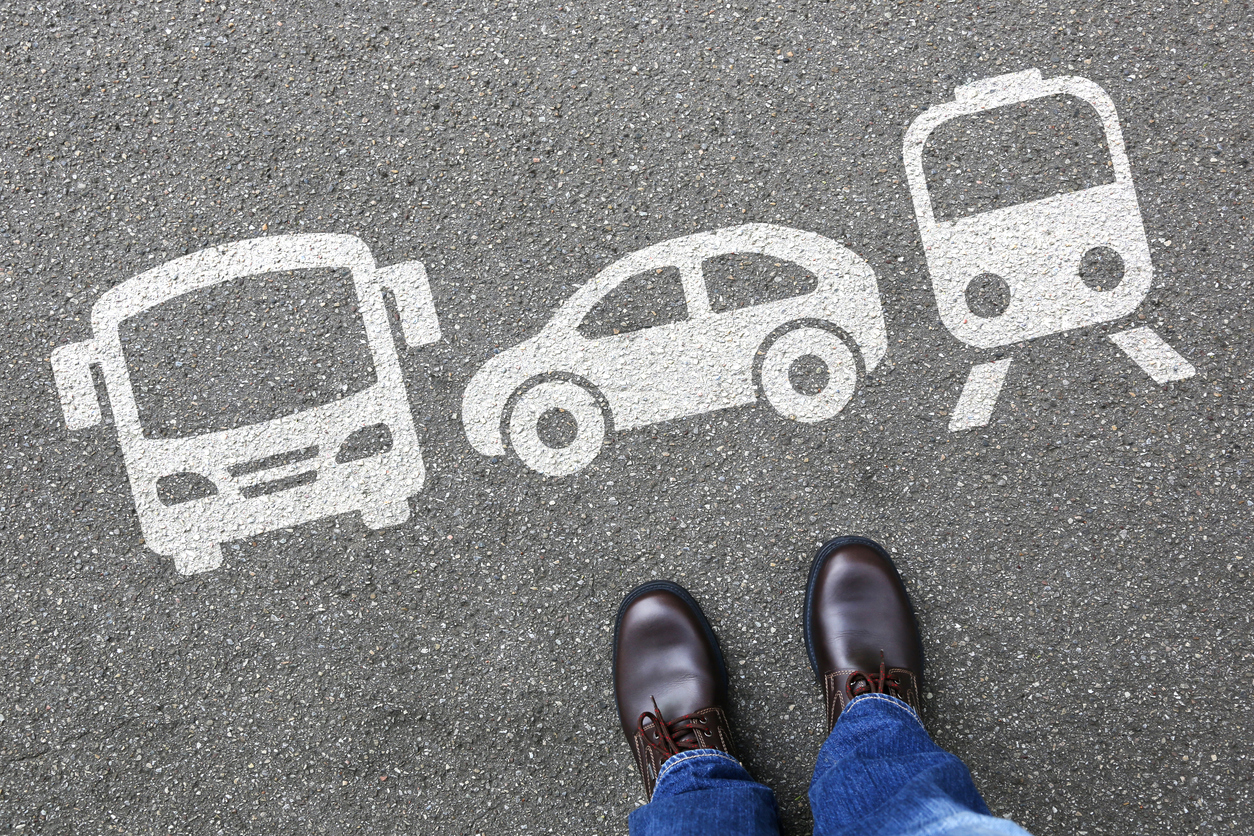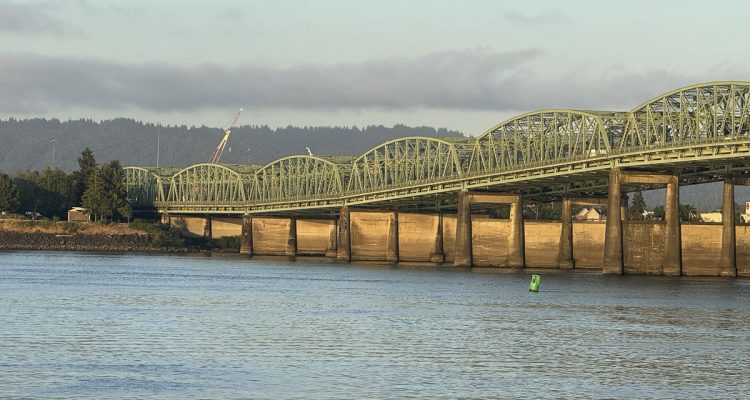 Click here to download the full legislative memo.
Click here to download the full legislative memo.
Key Findings
- HB 2461 and SB 6452 would add “health” to the state transportation policy goals, a term that is redundant, unnecessary, and unmeasurable.
- The Department of Transportation says the bills would have no fiscal impact because they “already consider health implications in active transportation in their work.”
- House Bill 2688 and its companion, Senate Bill 6398, would modify the existing transportation policy goals, removing the goal of mobility and congestion relief, replacing the goals with vague language, and shifting power from the legislature to cabinet agencies for funding transportation projects.
- Transportation officials say HB 2688 supports the agency’s strategic plan, which is similarly broad and expands the agency’s power far beyond what it is supposed to do.
- HB 2285 would serve the public by promoting maintenance and preservation, which would meet WSDOT’s goal of reducing the state’s growing maintenance and preservation backlog.
- Rather than broadening or changing existing goals, lawmakers should consider how these goals can be made more narrow, measurable and achievable. WSDOT should not engage in public health or social engineering, while neglecting its responsibility to improve mobility for all Washingtonians.
Introduction
Traffic relief is the most basic goal of any transportation policy and is one of the core responsibilities of the Washington State Department of Transportation (WSDOT). It is the role of state transportation agencies to build safe roads that respond to the public’s need for capacity and mobility.
Continue reading the full legislative memo.





